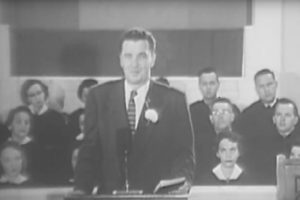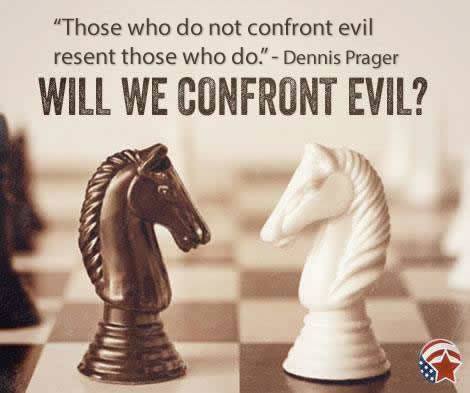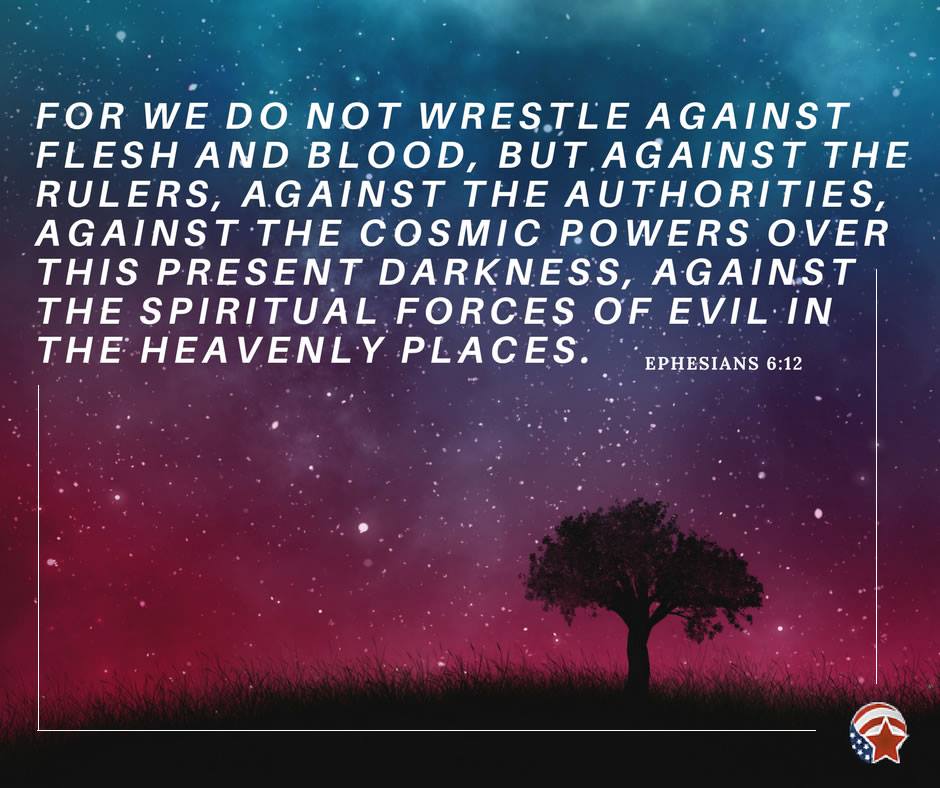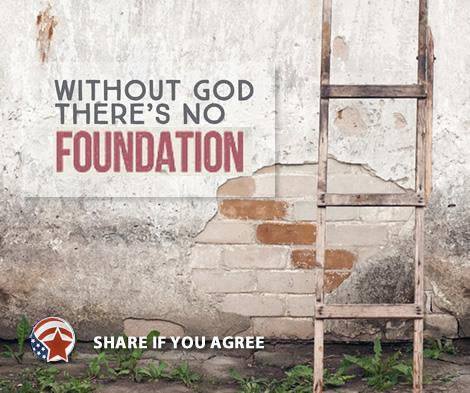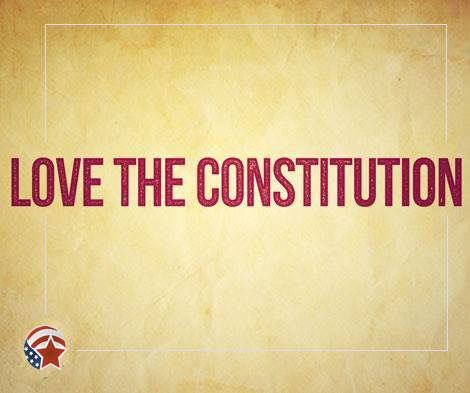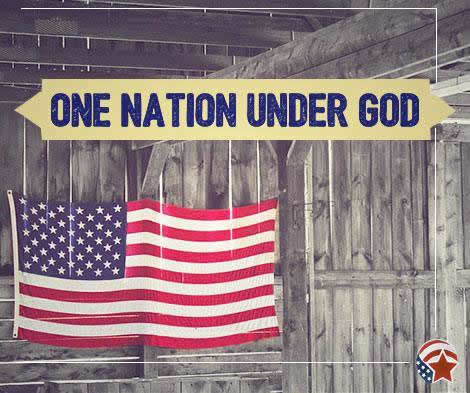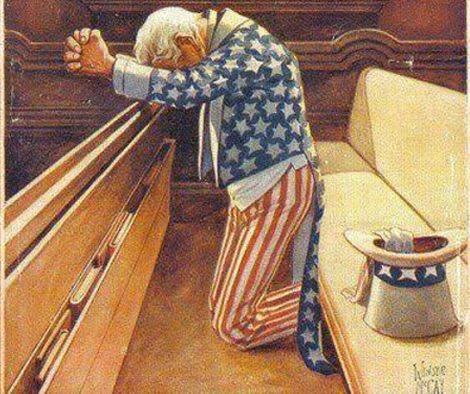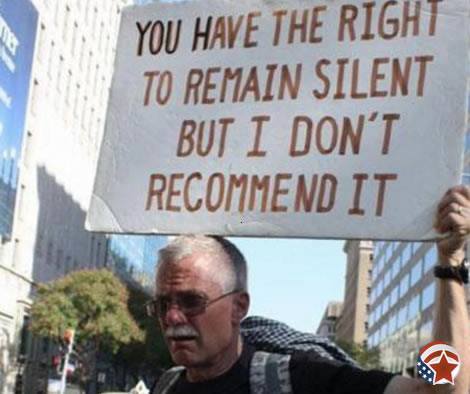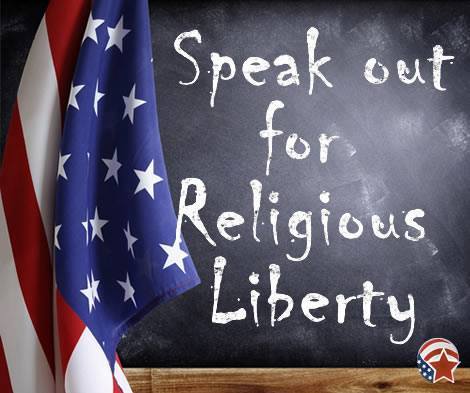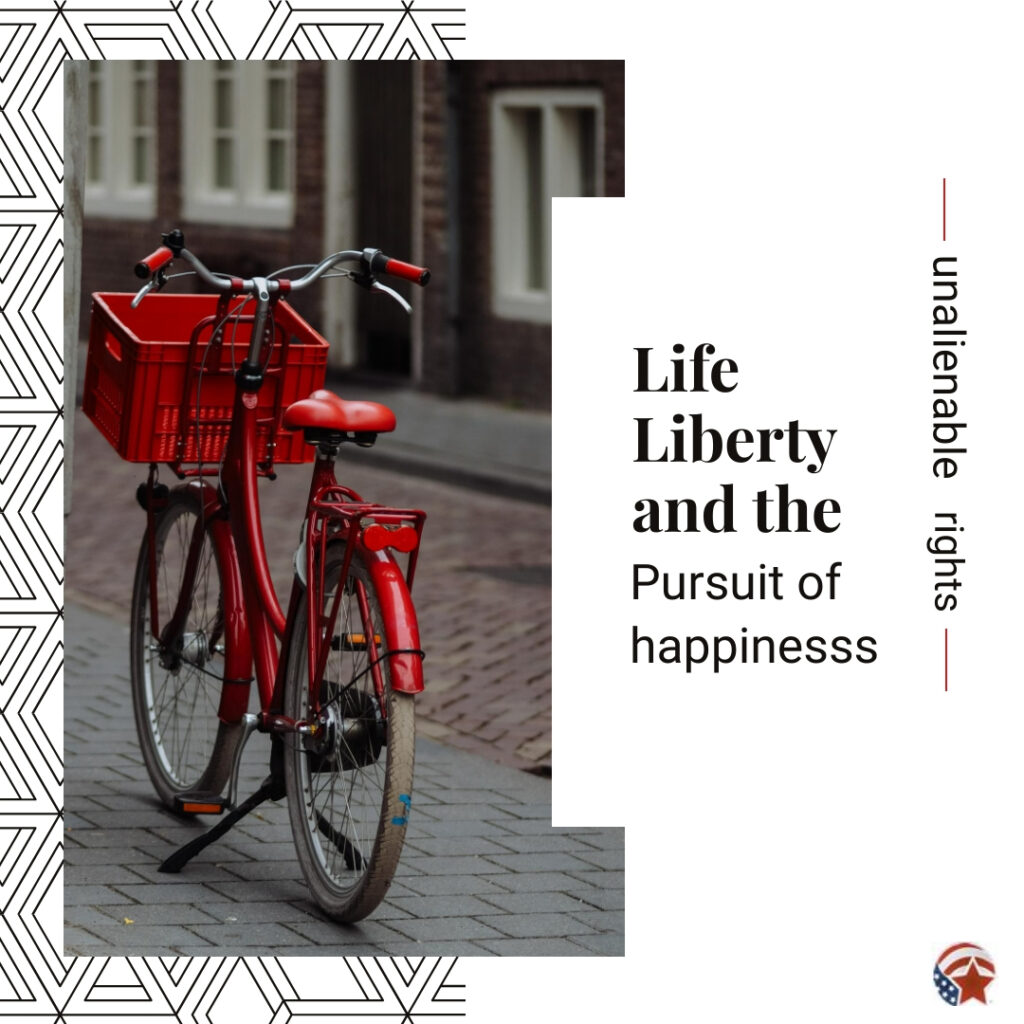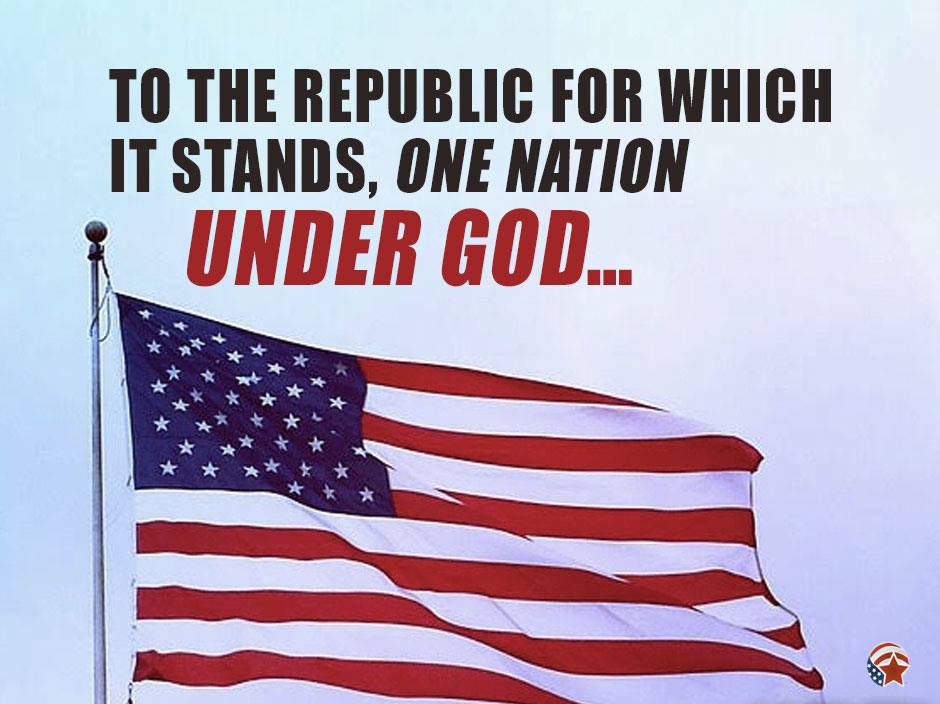Striving for racial reconciliation was costly for some Southern Baptist pastors in the 1950s, 60s and 70s. It cost Jack Kwok his property, Paul Turner a beating by angry segregationists and Thomas Holmes his pastorate.
But Kwok, now executive director of the State Convention of Baptists in Ohio, says the price pastors and other ministers paid was worth the result: Today, though more progress is needed, nearly one in five Southern Baptist churches is non-Anglo, and about half of North American Mission Board church plants are predominantly non-Anglo.
“A lot of guys really paid a big price along the way,” Kwok told Baptist Press, downplaying his own sacrifice. “They’re the heroes.”
Black and white opposition
As a 19-year-old student at what is now Williams Baptist College in Walnut Ridge, Ark., Kwok was called in 1969 to pastor Mallory Heights Baptist Church in Memphis, Tenn. Kwok prioritized multiethnic ministry in what was then a transitioning neighborhood. Eventually, African Americans comprised some 40 percent of worship attendees and numerous blacks professed faith in Christ through church outreach ministries, Kwok said.
Consequently, Kwok met resistance from blacks and whites alike.
Church members voiced opposition. Kwok’s house was broken into seven times by people he believes opposed his ministry. His car was vandalized, and at times he was surrounded by threatening groups on the street.
“I’d let them get all the way around me,” Kwok said. “Then I’d say, ‘I’m glad you all are gathered here tonight. Let me give you a little piece of paper that tells you about Jesus.’” The formerly threatening crowds would scatter so quickly that “I’d have to chase them down to give the piece of paper to them.”
Kwok went on to lead interracial ministries for the Arkansas Baptist State Convention before taking leadership in the Ohio convention in 1996.
‘I thought they were … killing him’
Turner, pastor of First Baptist Church in Clinton, Tenn., was beaten by whites who were angry with his decision to escort six black teenagers to the previously all white Clinton High School in December 1956.
Because of a judge’s desegregation order, the black students “had a moral right to attend [school] unheckled and unhindered and unharassed,” Turner told CBS News at the time. “It was this that prompted me to accompany them.”
Turner previously had taught a biblical view of race at First Baptist and helped organize community support for peaceful school desegregation, according to a 1977 essay by Golden Gate Baptist Theological Seminary student Mary Cleveland, who interviewed Turner, then a professor at the seminary.
Already the focus of intense opposition in Clinton, Turner’s walk with the students led a group of men to attack him on his way back to First Baptist.
The beating was so severe that one witness told CBS News, “I thought they were actually killing him.”
Click the link below to see the full article.

